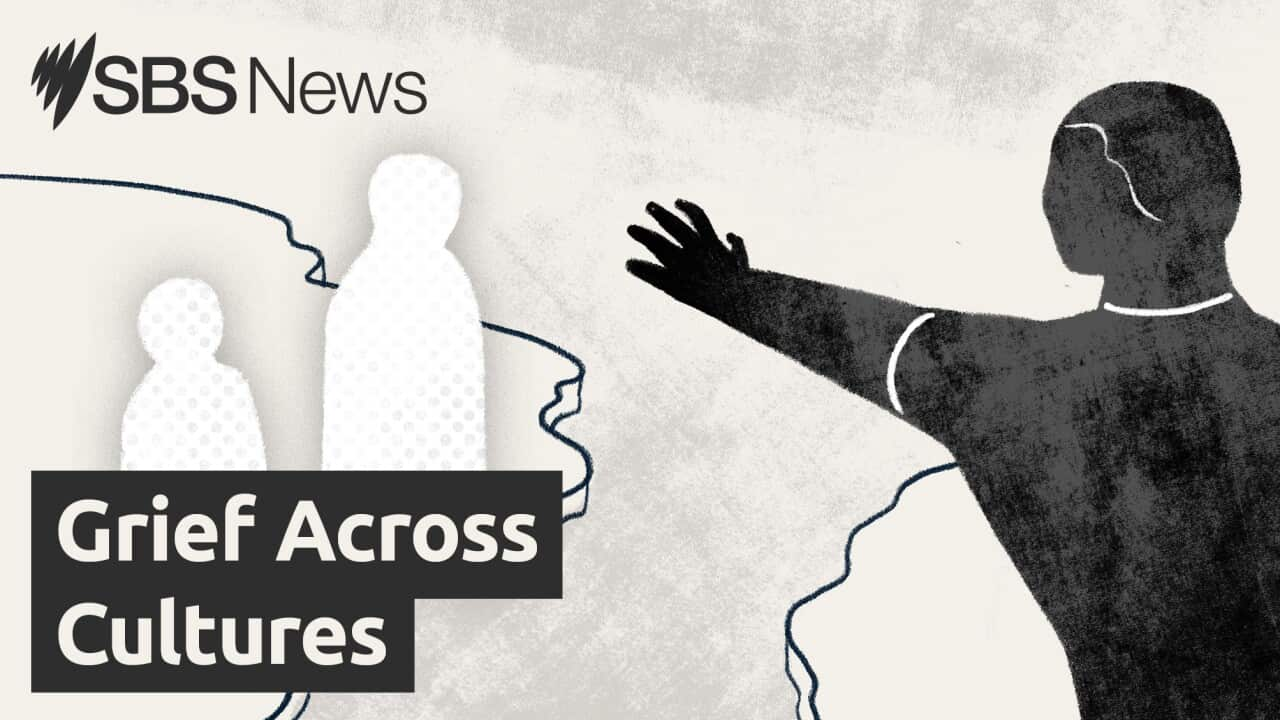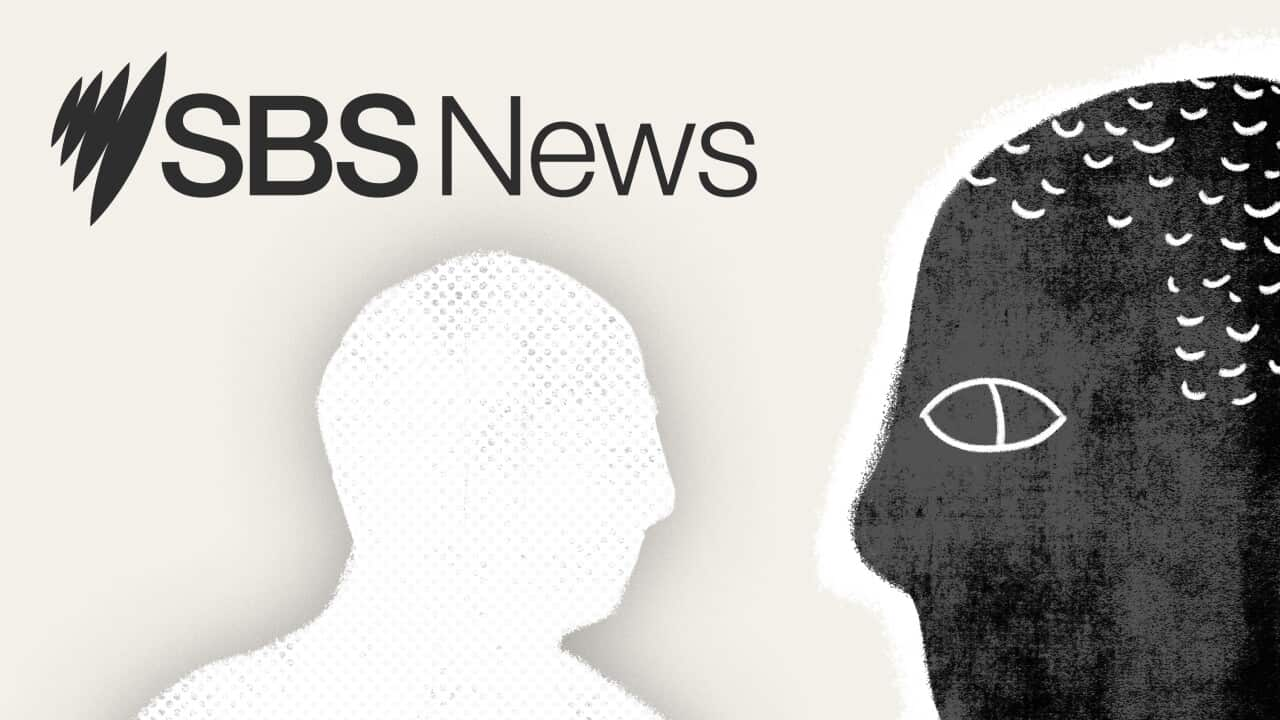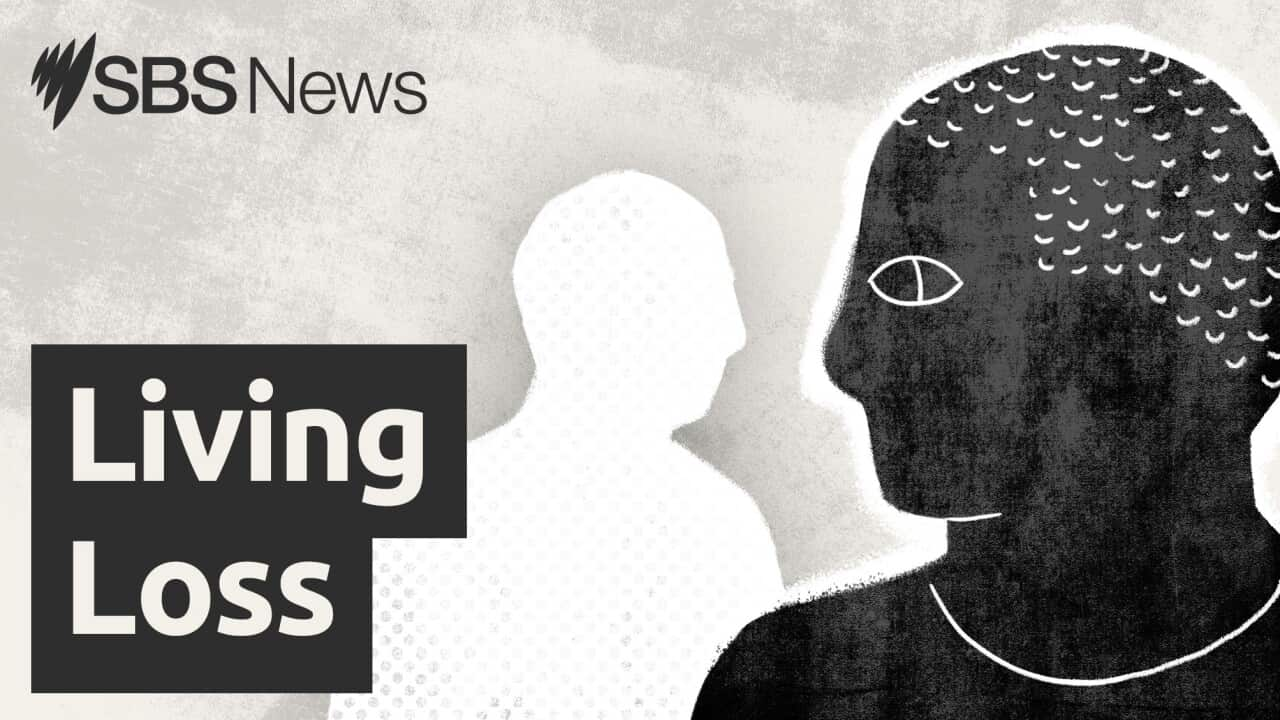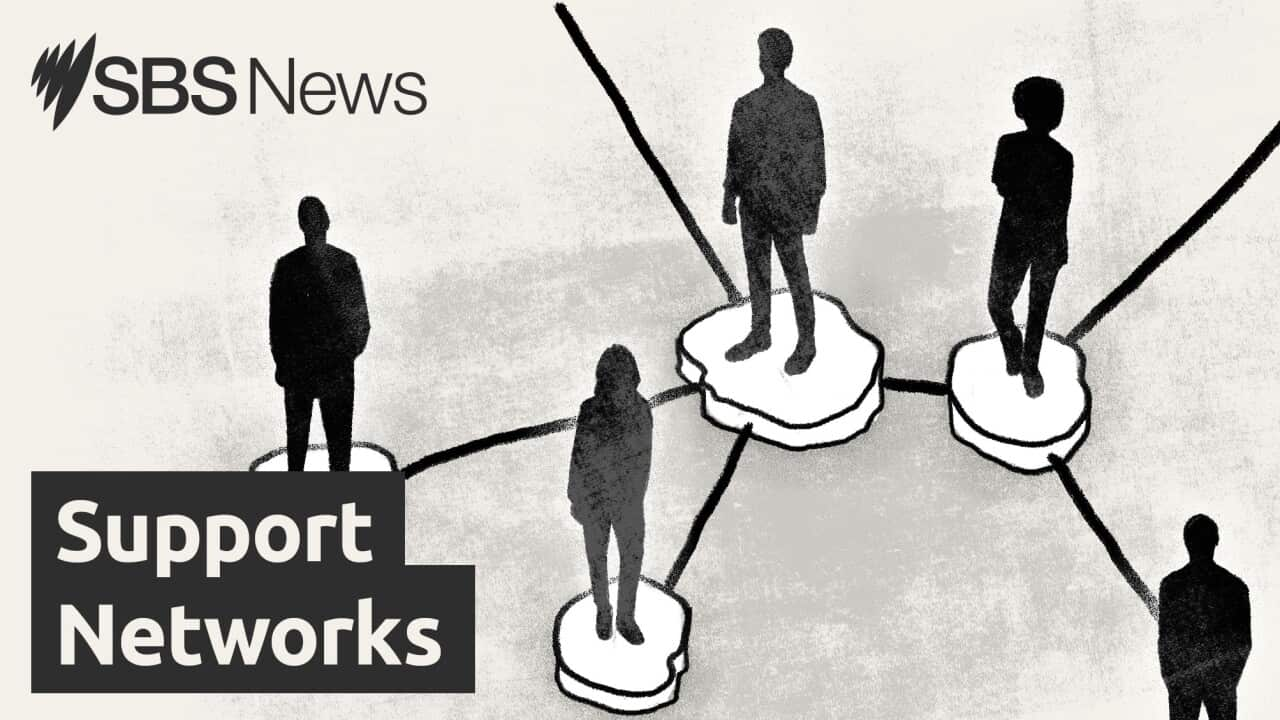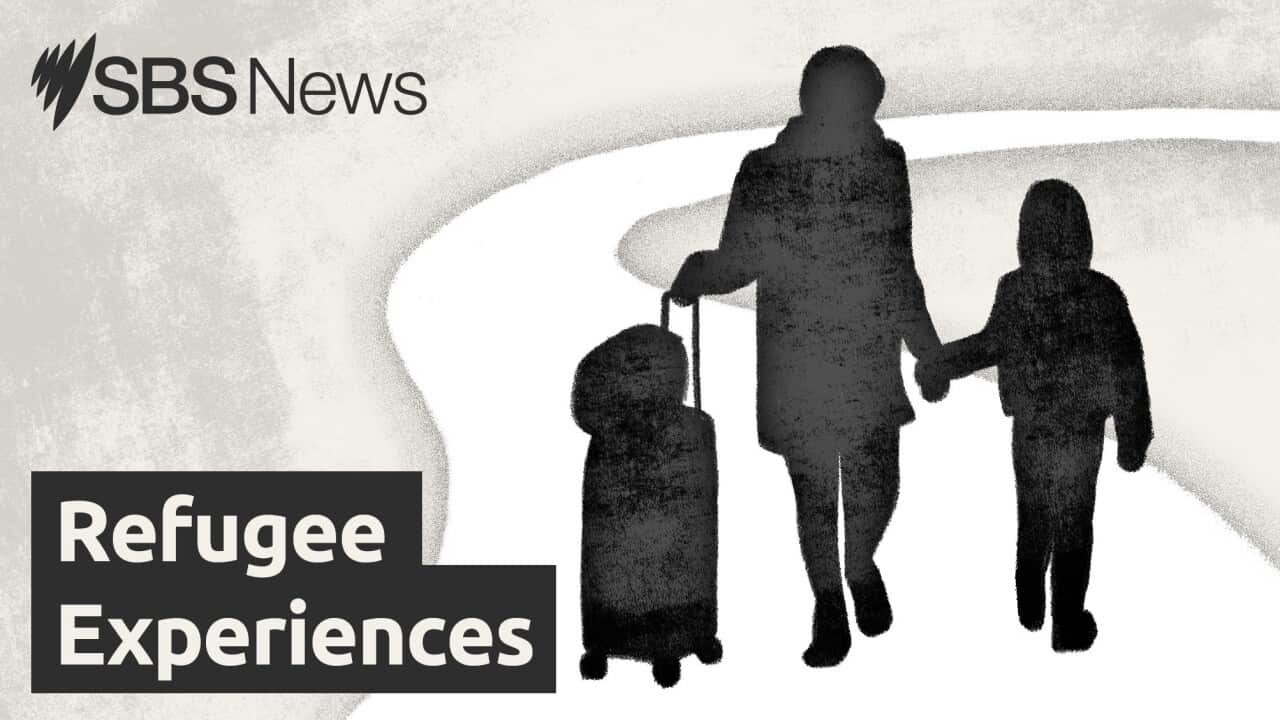TRANSCRIPT
“It was a Saturday, 17th of December. It got to about quarter past 1 and I thought okay I should go in and see my Dad. And he had his last two breaths, and I was there with him and it was... traumatising. Yes I knew my Dad was dying, but I kind of took it for granted, thinking no no he'll come round he always did.”
“It's the biggest most wonderful part of being a Wog. The beautiful thing about the way we operate is that we all have somewhere to go.”
Everyone, at some point or another, will lose someone or something they love. And yet grief is still seen as a taboo, including in our dominant western culture.
So how do different cultures hold space for grief, and are some better equipped than others? And how can we think about grief beyond the concept of death, looking at other profoundly life-changing forms of loss?
I'm Catriona Stirrat, and this is the first episode of ‘Living Loss’.
In this episode, we explore the way in which multicultural Australia is a diverse landscape for navigating and holding space for grief.
Kelly Renee is a Maori woman who has been living in Australia for 32 years, after migrating when she was just five years old.
She lost her father to prostate cancer in December last year, describing it as her most significant loss yet.
“It was a Saturday, 17th of December, and I just let people come and go, spend time with my Dad. And I hadn't been in all day. It got to about quarter past 1, and I thought, I better go in and see my Dad. And then I literally had him for 5 minutes, and it was just myself, Dad, my husband, my mother in law was in there. And he had his last two breaths, and I was there with him. And it was traumatising. Yes I knew my Dad was dying but I kind of took it for granted thinking he'll come round, he always did. It's probably the first big loss I've had. I've experienced grief with grandparents, but when it's your parent, it's a totally different ball game.”
Kelly feels as though her Maori culture is a space to hold her grief.
She explains how in Maori culture, loved ones die at home, rather than in hospitals or aged care homes.
This is an important part of the grieving process as it allows the family and wider community to have their personal moment to say goodbye.
“Family, like my sisters and I, my mother, my brothers, we don't leave his side, at all. The reason behind that is that we need to be by them to guide them into their next journey, and never leave them alone. For us, it's really important they have someone with them the whole entire time. So the bereaving family, we don't do anything but grieve for those three days.”
Marianne Bowdler is a grief counsellor and Clinical Services Manager at Griefline.
She says one of the first steps in the grieving and counselling process is to debunk some of the myths that surround grief.
“One of the interesting things that come up is how well-versed we are in popular culture in the idea that we have the 5 phases of grief. I think it's um denial, anger, bargaining, acceptance and I think there's something else in there. So it comes as a big surprise to mourners that that is not a model for grief, it's a model for people in palliative care, who were coming to terms with the face that their illness is terminal. So the first thing to do is a bit of unlearning, because people are worried where they are in the stages, and they're not going through them correctly, not going through them in the correct order. So we say just okay put all of that to one side. And I think what we see especially in the first six months is just this complete lack of belief that this has happened.”
Ms Bowdler says the bereaved is encouraged to then slowly come to accept the loss.
But she acknowledges this can be a longer process for some.
Ms Bowdler describes her own emotional disconnect in accepting her brother's death, recalling an experience on her mother's birthday where she began to feel frustrated at her brother's absence, momentarily forgetting he had died.
“Very interesting for me as a grief counsellor, because I know that this happens. But this was like from March to December, what's that? Nine months. I'm like oooh it's nine months and I still haven't really, at a deeper level, accepted the reality of the loss. I know he died, I know he died cognitively, I went to the funeral, I participated in those rituals. But at some other level, I don't know what we'd call that, an emotional level, there's this sort of, we can hold the two things at the same time. Cognitively, I know that he died. Emotionally, I can't accept that.”
Rosemary Wanganeen is a proud Kaurna and Wirringu Aboriginal woman and a self-proclaimed griefologist who established the Healing Centre for Griefology 30 years ago.
It was Rosemary's own personal trauma under racist policies and procedures which led to her deep understanding of grief, which she now shares with other Aboriginal and non-Indigenous Australians.
Born in 1955, Rosemary grew up in a mission with her parents and six other siblings, before the family moved to the white country town of Clare in South Australia.
“I was then born into a policy called the assimilation policy, a policy where we had to deny our Aboriginality. Now, we’re in Clare, where we have to go to Church, we have to dress a very different way. Going to school we experience racism, and on Point Pearce no family violence or alcohol at all is my memory. Move to Clare now it's family violence and alcohol and fear for mum and all the children.”
Rosemary's mother sadly died giving birth to her last child, leaving her and her siblings behind.
The six eldest children were taken into welfare, where Rosemary says she experienced horrific violations.
“One teacher at seven years old told me that I was a dumby, and then 12 years old in the welfare, a teacher who told us that Aboriginal people were savages, brought in a lot of shame for my Aboriginality, and a lot of anger for my ancestors. I was just raising myself pretty much, and that's how I ended up pregnant and married. And then just from unresolved childhood family violence, took me into adult family violence, particularly alcohol-fuelled family violence. And so all my 20s, family violence and alcohol, and really when I look back on it just wandering around aimlessly.”
It wasn't until she found herself in a women's shelter at age 28, when Rosemary embarked on her grief journey.
She developed seven phases of integrated loss and grief, which we will explore more closely in our third episode.
Rosemary explains how her concept of grief forgiveness is one that emerged from lived experience.
“I had to do all of that research to come out the other end. ANd having that really deep understanding of grief forgiveness, not religious forgiveness. Grief forgiveness, through griefology, enables a person to go through a deep grieving process, to come out the other end to forgive. Whereas, religious forgiveness, which became part of our story as Aboriginal people, they talk about forgiveness to forgive and forget and just move on. That doesn't sustain, that doesn't do any healing whatsoever. Now I know the power in the grieving process to be able to forgive, to sustain me in thriving.”
Christopher Hall is the CEO of Grief Australia and says you can't separate an individual's culture from their grief.
People often draw upon their culture, habits and routines, in the process of grieving. At the same time, trauma can also be intersected with an individual's culture.
“One of the things that culture allows us to do is assist us in making meaning of the loss, that we come together with people who share similar values, similar habits, and that can be incredibly important. And again when we talk about kind of questions of culture, and particularly First Nations people, you can’t talk about that without understanding the intersection between trauma and grief, that these often accompany each other. So often when we're talking about grief or bereavement support, we're also talking about supporting people through trauma, which is a whole other set of clinical skills.”
Culture can often serve as a space people return to during their grieving process.
“We also see sometimes that people, particularly when they're experiencing loss, will draw upon perhaps cultural traditions and practices they may have relinquished. So they may find this crisis as an opportunity to reconnect with some of that history, culture and tradition, and to kind of create their own way through navigating grief.”
For Xanthe, whose name has been changed to a pseudonym, finding solace among her extended Italian family was vital during her grief.
“It's the biggest thing of my life. The biggest, most wonderful part of being a wog. They've made a big joke of that word, it still hurts in contexts, but it's the fantastic part of being not white Australian. The beautiful thing about the way we operate is we all have somewhere to go.”
This is why the loss of her brother was compounded during the isolation of Covid-19.
Xanthe says she struggled tremendously without that family presence during such a difficult time, relying on phone calls for emotional support.
“I did most of my grieving alone, and then there'd be some expression that seemed out of context or unrealistic, or unexpected. How do I put it? They didn't see my everyday stuff, and what I went through. And the other thing was I wasn't really able to see my brother in those days. Plenty of phone calls, plenty of daily phone calls, plenty of that. But I didn't contact my brother or anything like that because he was sick, and he didn't want a lot of contact, you know.”
This sense of community is something Kelly was lucky enough to rely on during the grief following the death of her father.
She says she feels so grateful that her Maori culture carves out a space for grief.
“Being brought together again, for a sad moment albeit, it really honed in on how special my connection to my family is, and how special my culture is. My Dad was big on our culture and maintaining it been though we had been living in Australia for 32 years or something. So I really think, and some people may find this a bit morbid, sleep next to my Dad, even though he is in a coffin, was life changing for me in the point where I could say my goodbyes properly.”
In our next episode, we explore some of the cultural taboos that still exist around grief... and how different cultures navigate grief in unique and complex ways.
